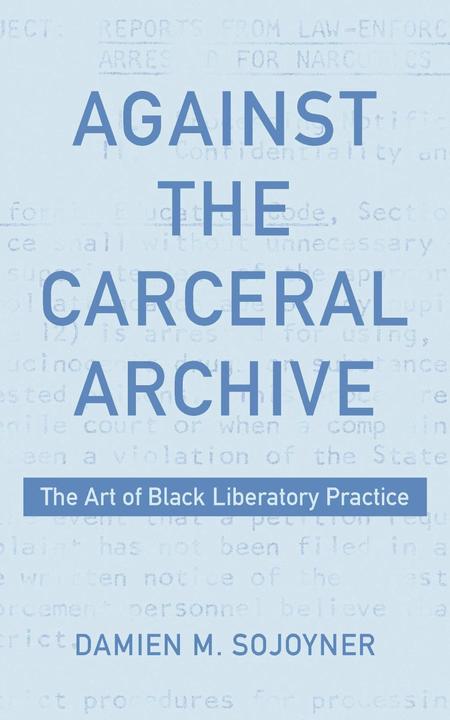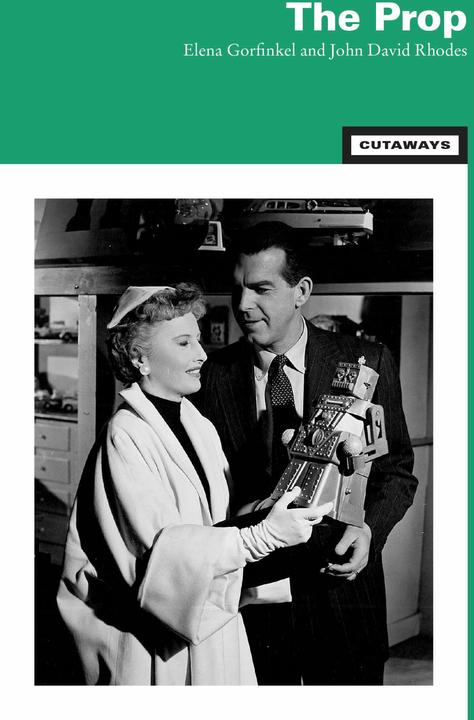
Best Fordham University products in the Reference books category
On this page you'll find a ranking of the best Fordham University products in this category. To give you a quick overview, we've already ranked the most important information about the products for you.
1. Fordham University The Prop

2. Fordham University Telling the Bees
Telling the Bees: An Interspecies Monologue.
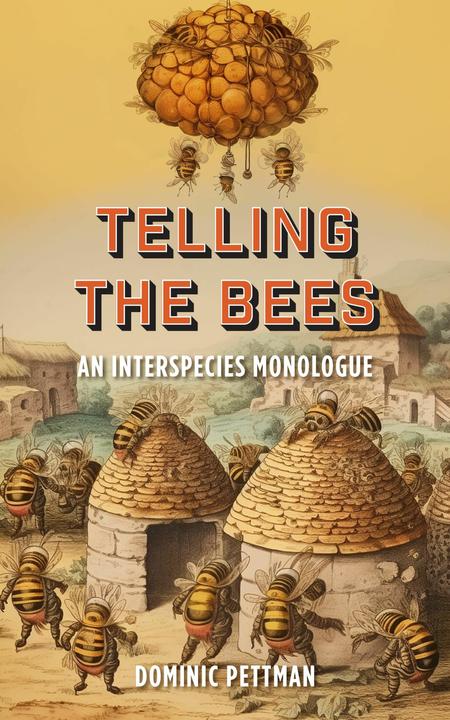
3. Fordham University Oh Capitano!
Oh Capitano!: Celso Cesare Moreno-Adventurer, Cheater, and Scoundrel on Four Continents.
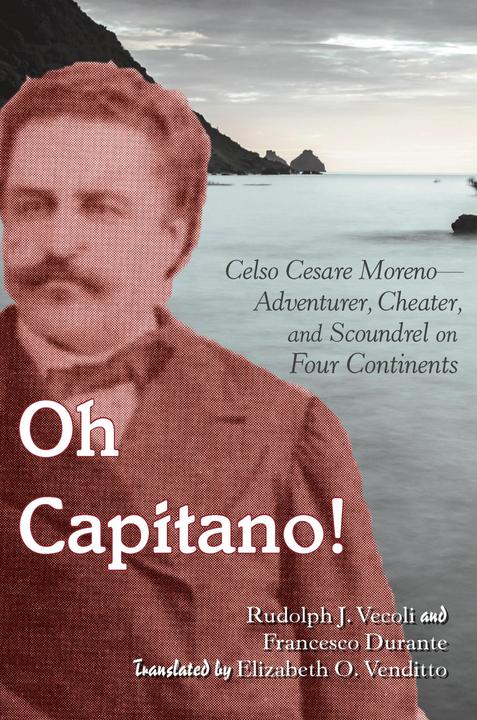
Oh Capitano!
English, Francesco Durante, Rudolph J. Vecoli, Donna R. Gabaccia, Elizabeth O. Venditto, 2018
4. Fordham University Let Them Rot
A provocative, highly accessible journey to the heart of Sophocles' Antigone, elucidating why it keeps resurfacing as a central text of Western thought and culture.

5. Fordham University Religious Women in Early Carolingian Francia
"Religious Women in Early Carolingian Francia" is a comprehensive scholarly book that explores the role of religious women in the early Carolingian period. Written by Felice Lifshitz, the work provides a detailed analysis of manuscript transmission and monastic culture during this historical era. Focusing on the interactions between religion and gender, the book highlights the significant role that women played in the religious community and society as a whole.
The book consists of 368 pages and is written in English. It is aimed at readers interested in the topics of philosophy and religion, as well as the history of women in the Middle Ages. Weighing 682 grams and with compact dimensions of 15.7 cm in width and 23.5 cm in height, it is suitable for both study and personal libraries. The 2014 publication serves as a valuable resource for researchers and those interested in the role of women in religious contexts.
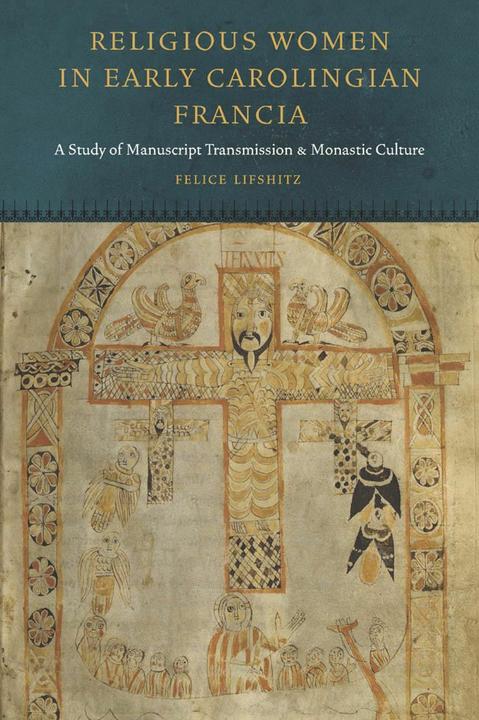
6. Fordham University Class Acts
Class Acts looks at two often neglected aspects of Derrida's work as a philosopher, his public lectures and his teaching, along with the question of the ¿speech act¿ that links them, that is, the question of what one is doing when one speaks in public in these ways.
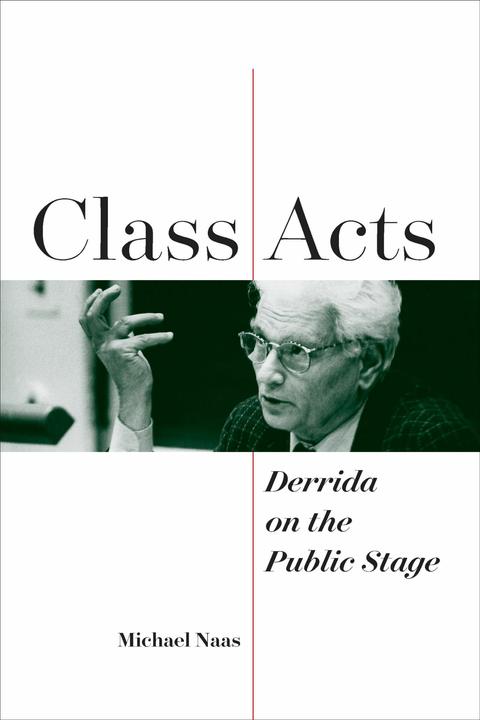
7. Fordham University The Planning Moment
The Planning Moment elaborates the myriad ways that plans and planning practices pervaded recent global history. The book's twenty-seven case studies draw attention to the centrality of planning in colonial and postcolonial environments, relationships, and contexts.
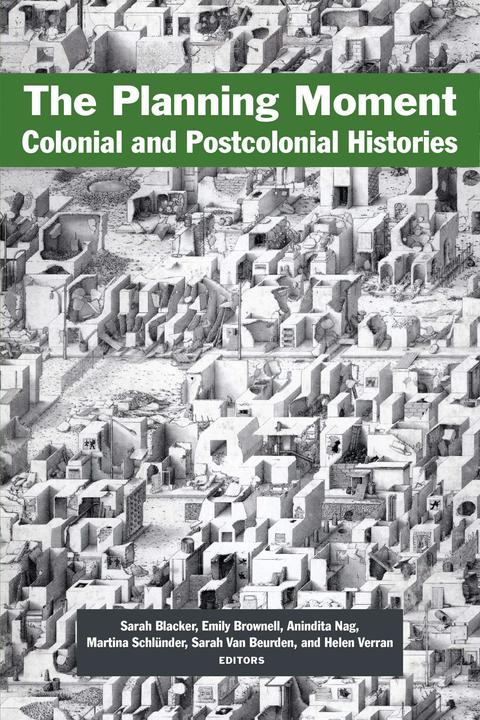
The Planning Moment
English, Emily Brownell, Sarah Blacker, Helen Verran, Anindita Nag, Sarah Van Beurden, Martina Schlunder, 2024
8. Fordham University Stormy Weather
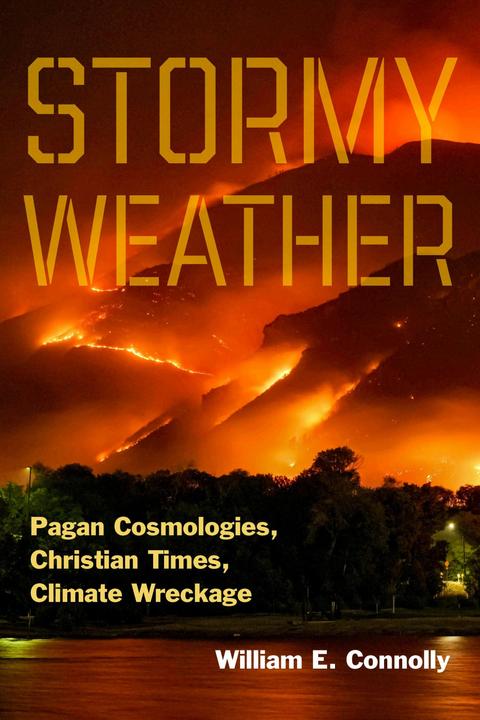
9. Fordham University Vote of Faith
Vote of Faith: Democracy, Desire, and the Turbulent Lives of Priest Politicians.
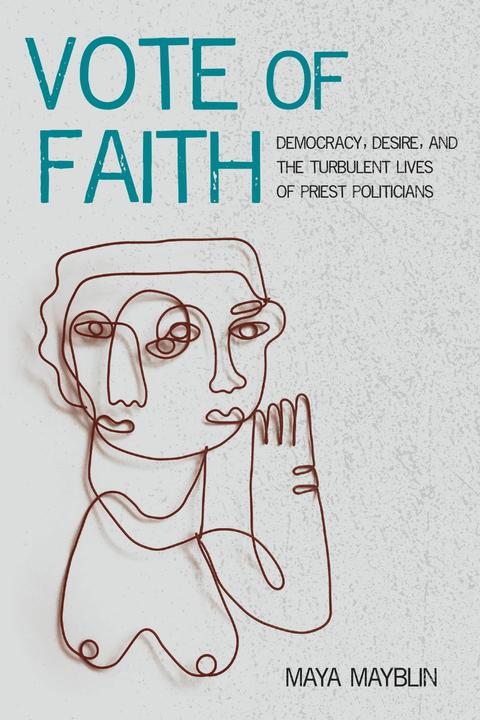
10. Fordham University Against the Carceral Archive
Against the Carceral Archive is a meditation upon what author Damien M. Sojoyner calls the ¿carceral archival project,¿ offering a distillation of critical, theoretical, and activist work of prison abolitionists over the past three decades. Working from collections at the Southern California Library (Black Panthers, LA Chapter, the Coalition Against Police Abuse, Urban Policy Research Institute, Mothers Reclaiming Our Children, and the collection of geographer Clyde Woods), it builds upon theories of the archive to examine carcerality as the dominant mode of state governance over Black populations in the United States since the 1960s.
Each chapter takes up an element of the carceral archive and its destabilisation, destruction, and containment of Black life: its notion of the human and the production of ¿pejorative blackness,¿ the intimate connection between police and military in the protection of racial capitalism and its fossil fuel¿based economy, the role of technology in counterintelligence, and counterinsurgency logics. Importantly, each chapter also emphasises the carceral archive¿s fundamental failure to destroy ¿Black communal logics¿ and radical Black forms of knowledge production, both of which contest the carceral archive and create other forms of life in its midst.
Concluding with a statement on the reckoning with the radical traditions of thought and being which liberation requires, Sojoyner offers a compelling argument for how the centering of Blackness enables a structuring of the mind that refuses the violent exploitative tendencies of Western epistemological traditions as viable life-affirming practices.
